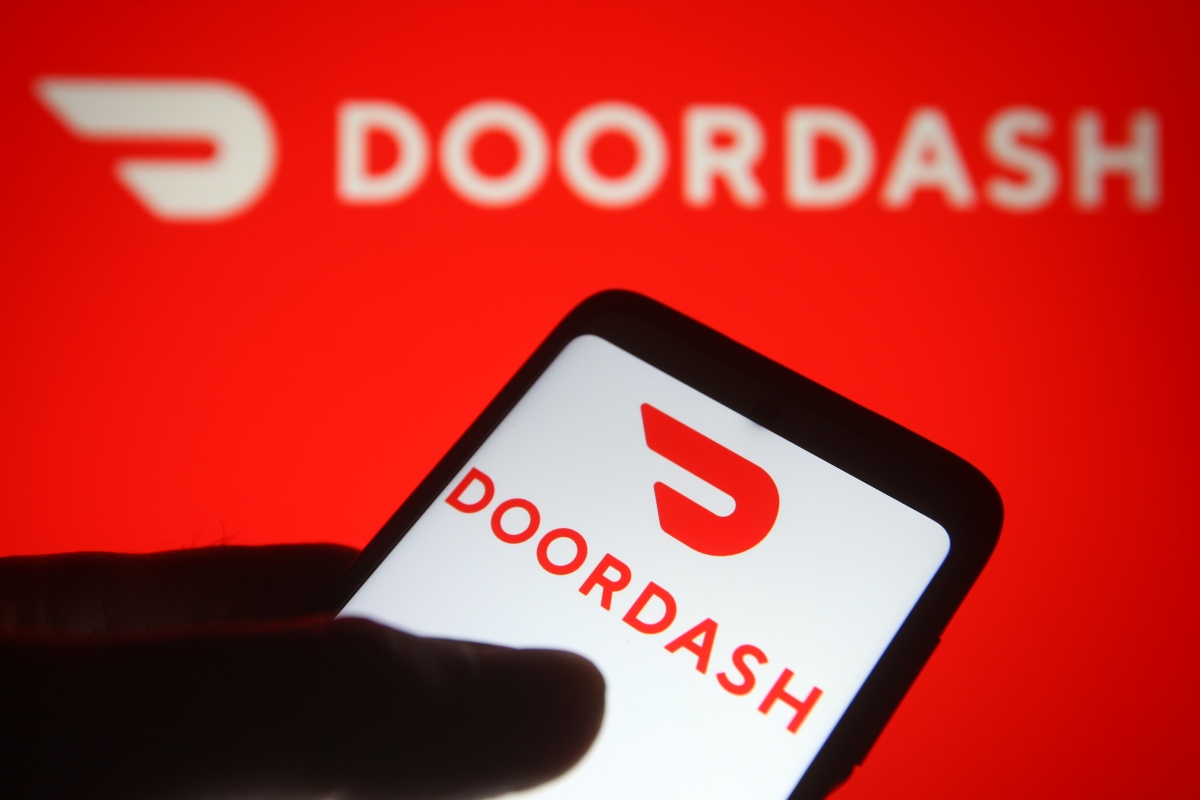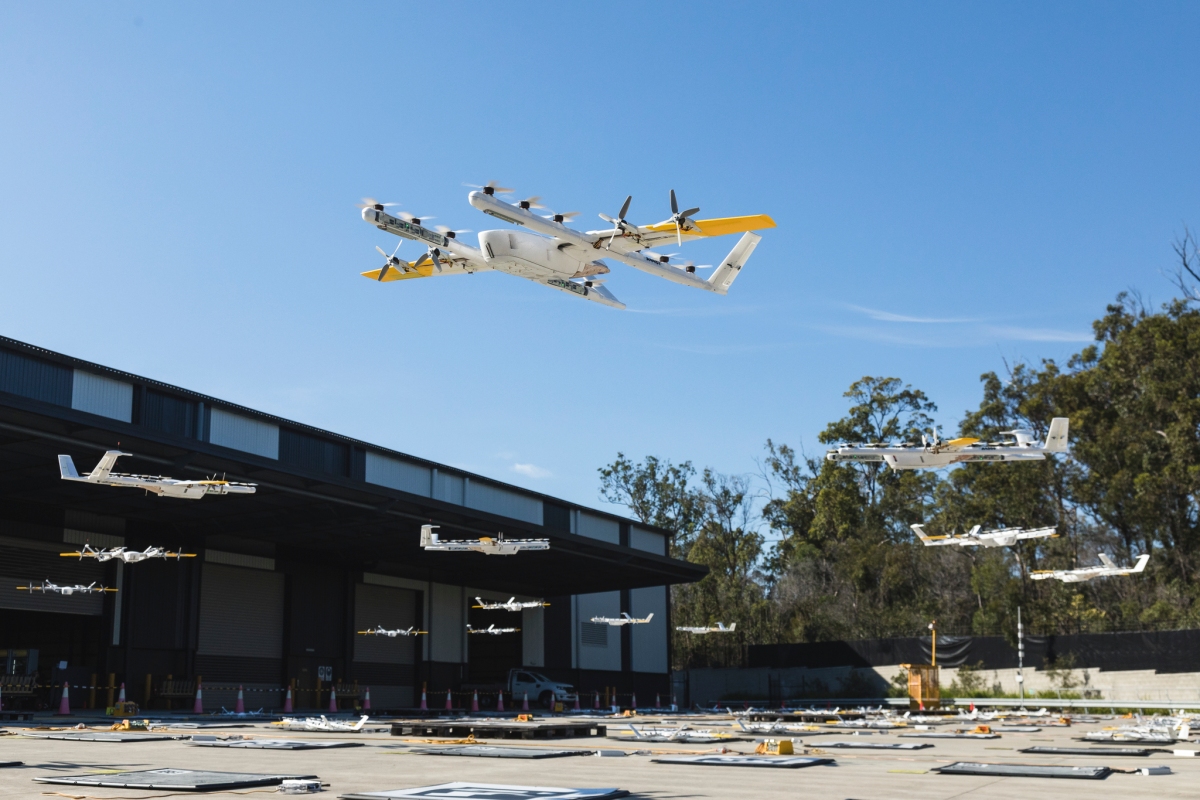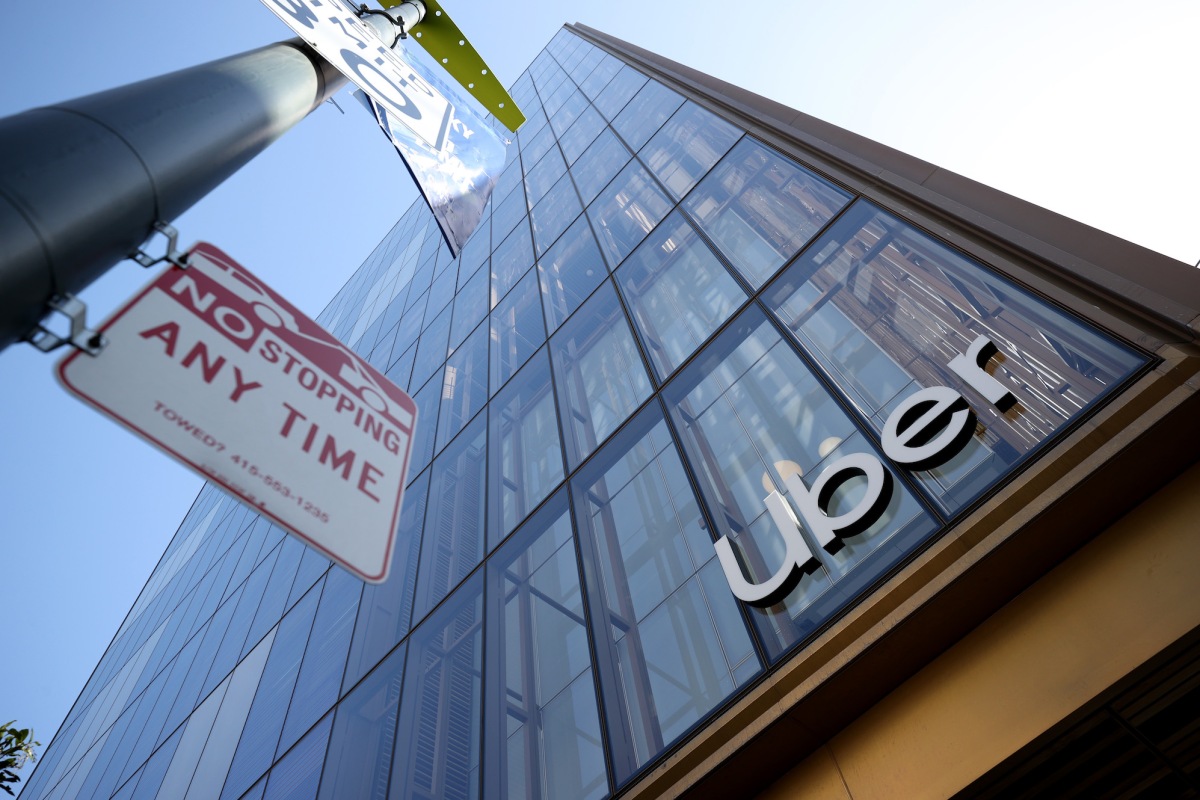DoorDash rolls out new safety features for delivery people on its platform • ZebethMedia
DoorDash is rolling out new in-app safety features to help ensure delivery people on its platform are safe before, during and after every order. Now, if DoorDash detects that a delivery is taking longer than expected, the app will automatically check to see if the delivery person is okay. The new check-in feature is initially launching in New York City and Washington before rolling out across the country. Delivery people will gain access to a new “SafeChat” feature that aims to prevent safety incidents. If the app detects inappropriate or offensive language in a chat, the person who sent the message will receive a warning and the delivery person will be given the option to unassign themselves from the delivery without a penalty. SafeChat is now active in the United States, Canada, Australia and New Zealand. Image Credits: DoorDash In response to feedback from delivery people, DoorDash will start sending a notification to customers asking them to turn their porch or house lights on as the their delivery person is approaching. The company says delivery people have said that better lighting would make it easier for them to find the right address and make them feel safer when delivering at night. DoorDash is also making it easier for delivery people to report a safety incident during or after a delivery. If a customer makes them feel unsafe, they can immediately report it via in-app chat or call for investigation. They can also block deliveries to that customer in the future. Image Credits: DoorDash In addition, DoorDash is partnering with Samdesk, a global crisis detection platform, to roll out real-time safety alerts. In the event of an emergency, the company will alert delivery people and merchants about the incident and suspend operations near the area. The app will also check-in on delivery people near any impacted area to make sure they are okay. The features announced today are an extension of SafeDash, DoorDash’s in-app security toolkit that launched last year. DoorDash partnered with ADT to launch two features within the toolkit. The “safety reassurance call” feature lets users connect with an ADT agent through the Dasher app in instances where they may feel unsafe. The “emergency assistance button” allows users to seek help if needed.


